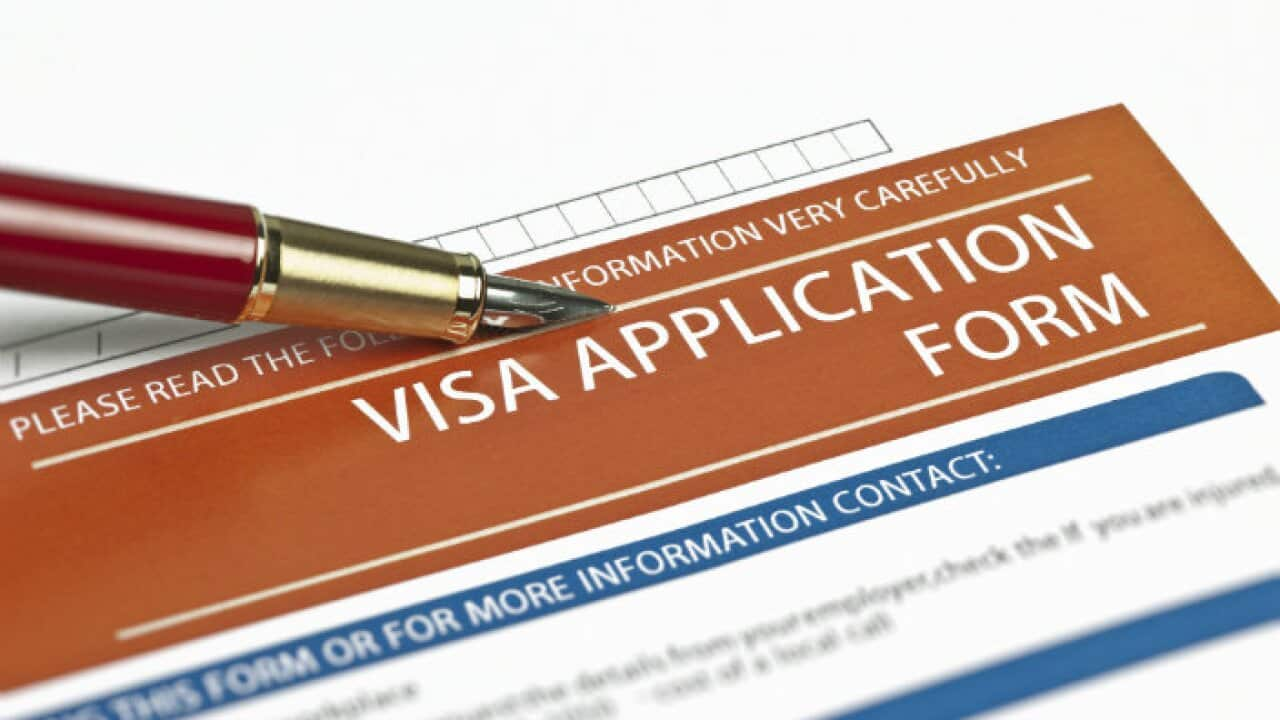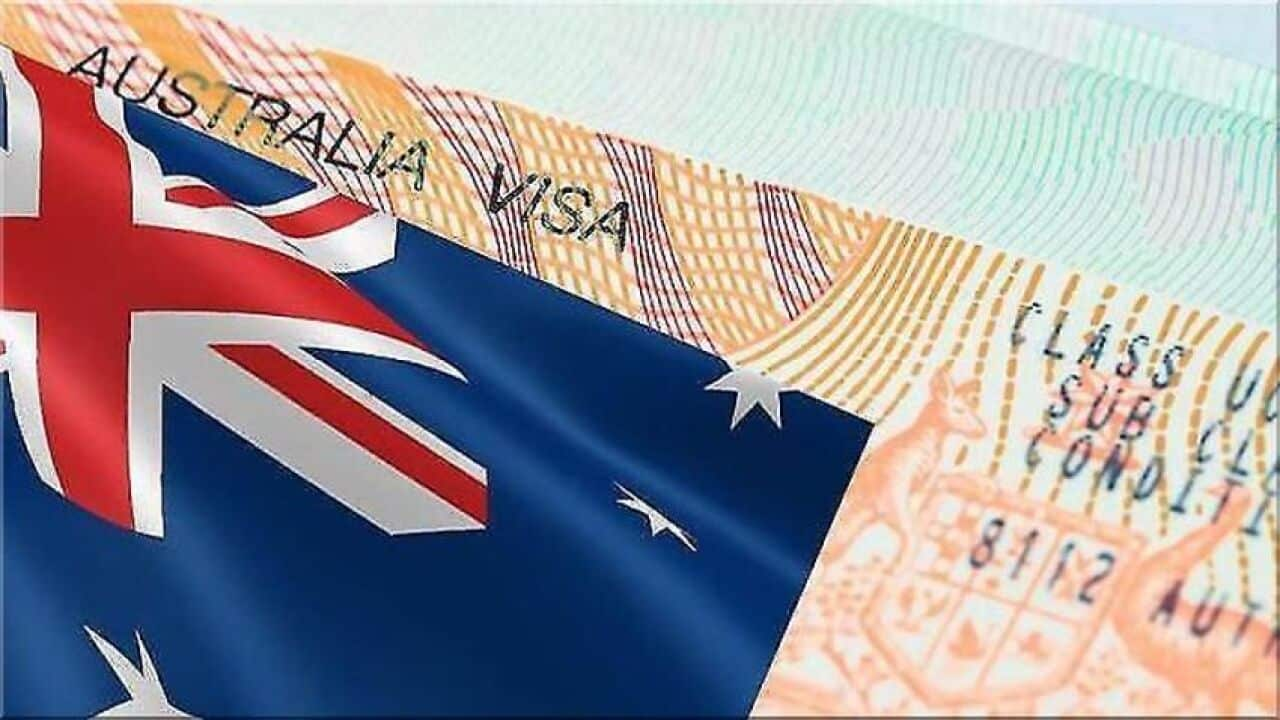Highlights
- Skilled visa nomination programs set to reopen in January 2021
- New English language requirement for partner visa applicants and their permanent resident sponsors to come into effect in late 2021
- International students and temporary visa holders can face visa cancellation for serious biosecurity breaches from 1 January 2021
2020 has been an unprecedented year for immigration that called for a slew of changes to Australia’s migration policies in response to the emerging issues triggered by the ongoing health crisis and subsequent steps that were taken to contain the coronavirus pandemic.
Here’s an overview of immigration policy and visa changes that will be implemented in 2021:
Changes to Migration Program:
The Morrison Government decided to retain the planned ceiling for the 2020-21 Migration Program at 160,000 places, but significantly changed the composition of the plan, placing greater emphasis on family stream visas, which were raised from 47,732 to 77,300 spots on a ‘one-off basis’ for the current program year. Priority to employer-sponsored, global talent and business visas:
Priority to employer-sponsored, global talent and business visas:

Planning levels for Migration Program remains unchanged, but composition differs. Source: AAP
As part of its most consequential budget announcement in October, the federal government indicated that it will be giving priority to innovators, investors and job creators.
“Those who are going to grow Australian businesses, create Australian jobs and supercharge our economic recovery – will be the target of our skilled visas,” said the then Acting Immigration Minister Alan Tudge.
He added that priority within the Skill stream will be given to Global Talent, the Business Innovation and Investment Program (BIIP) and Employer-Sponsored visas.
Skilled visa nomination programs set to reopen in January 2021:
The Department of Home Affairs has issued the final allocations to states and territories for the remainder of the program year 2020-21, paving the way for the.
In line with the interim program, it comes as no surprise that the full program also responds to challenges posed by the COVID-19 pandemic, with a strong focus on applicants who can assist the state or territories recover from the economic blow delivered by the ongoing crisis.
Changes to support family visa applicants:
In November, the Morrison Government announced temporary changes to the Family visa program to support applicants impacted by the COVID-19 pandemic.
As part of the temporary arrangement that will come into effect in early 2021, select family visa applicants who have lodged visas offshore will no longer have to dash overseas to receive their visa grants.
This will enable applicants to continue their visa pathway despite their inability to travel offshore in the wake of the current international border restrictions, suspending the visa regulation that was branded “archaic and arbitrary” by the Opposition and the couples awaiting their grants. Announcing the changes on 30 November, Minister Tudge said these “common sense” temporary visa concessions will benefit about 4,000 applicants currently in Australia, predominately those who have applied for offshore partner visas (Subclass 309/100).
Announcing the changes on 30 November, Minister Tudge said these “common sense” temporary visa concessions will benefit about 4,000 applicants currently in Australia, predominately those who have applied for offshore partner visas (Subclass 309/100).

Partners to be allowed to stay in Australia when applying for new visas. Source: Getty Images
Importantly, this will allow a foreign national who is a partner of an Australian citizen to progress their visa, without having to leave the country – Alan Tudge
The temporary visa concession will apply to the following Family visa subclasses:
Partner (subclass 309) visa
Prospective Marriage (subclass 300) visa
Child (subclass 101) visa
Adoption (subclass 102) visa
Dependent Child (subclass 445) visa
New English language requirement for Partner visas:
In a bid to maximise employment opportunities for newly arrived migrants, the government in October announced that migrants and their permanent resident sponsors applying for a partner visa will be required to have functional-level English or will have to demonstrate that they have made reasonable efforts to learn the language.
Explaining the policy requirement, Melbourne-based migration agent Ranbir Singh said the applicants and their sponsors will have to demonstrate English language skills at the time of the permanent visa grant.
“Partner visa is a two-stage process – you first get a provisional visa for two years after which you are eligible to get a permanent visa grant.
“It is important to point out that as per the new policy, applicants and sponsors will NOT be required to demonstrate their English language competency at the time of lodgement of a provisional visa (309/820) but will have to demonstrate it at the time of applying for a permanent visa (100/801),” said Mr Singh.
The requirement which applies to both the applicant and their sponsor if they are a permanent resident rather than an Australian citizen is expected to be implemented in late 2021.
The Australian Government has announced that it will be slashing business and investment visa streams from the existing nine categories to four - Business Innovation, Entrepreneur, Investor, and Significant Investor, to support Australia’s post-COVID-19 economic recovery.
As part of the changes, the requirements for Business Innovation visa - which allows successful applicants to operate a new or existing business in Australia - will now be increased, making it tougher for new applicants to prove their 'business acumen.' Business Innovation visa holders will now be required to hold business assets of $1.25 million, up from $800,000 and need to have an annual turnover of $750,000 up from $500,000.
Business Innovation visa holders will now be required to hold business assets of $1.25 million, up from $800,000 and need to have an annual turnover of $750,000 up from $500,000.

Australia cuts back visa streams, makes it tougher for business migrants. Source: Pixabay
At the same time, some visas will have lesser thresholds, for instance, the $200,000 funding threshold currently required for Entrepreneur visa applicants will be scrapped from next year.
In addition, the Premium Investor, Significant Business History and Venture Capital Entrepreneur visas will be closed to new applications from 1 July 2021. Applications already lodged for these visas will continue to be processed.
Adelaide-based migration agent Mark Glazbrook said there were nearly 23,000 outstanding business visa applications as on 30 June 2019 which could have prompted the government to overhaul the system.
“There may be changes being made to limit the number of people who can apply so the Department can clear its backlog.”
These changes will be implemented in July 2021.
Extra one or two years for international students in regional areas:
From 2021, the post-study work stream Temporary Graduate visa (TGV) holders (Subclass 485) who have acquired their degrees from a regional educational institution and have lived in regional Australia on their first TGV will be eligible for a second TGV.
In a statement to SBS Punjabi, a Department of Home Affairs spokesperson said the incentive will provide the necessary support to universities and communities in regional areas, currently buckling under the financial pressure and massive job loss in the wake of the COVID-19 pandemic.
To provide a further incentive for international students to study in regional Australia, post-study visa arrangements will be extended for international graduates who graduated from a regional educational institution and lived in a regional area on their first (TGV) -DHA
The period of grant for a second TGV will be determined based on where the student studied and where they lived on their first TGV.
Migration agent Ranbir Singh said it is great news for international students who have graduated and lived in regional areas.
“With skilled migration being extremely competent at the moment, the extra one or two years will give them ample time and opportunity to garner more points to secure an invite in the future.
“It will also help to attract prospective students to choose regional Australia as a study destination especially at a time when many are looking at other countries like Canada and the UK, as Australia’s borders remain firmly shut,” he said.
From 1 January 2021, international students and temporary visa holders can be stripped of their visas and sent home if they bring prohibited ‘high-risk biosecurity goods’ into the country or fail to declare these dangerous items at the Australian border.
Currently, only visitors can have their visas cancelled for biosecurity contraventions.
Click on the player above to listen to the audio in Punjabi.
Disclaimer: This content is for general information purposes only, and should not be used as a substitute for consultation with professional advisors.
People in Australia must stay at least 1.5 metres away from others.
Testing for coronavirus is now widely available across Australia. If you are experiencing cold or flu symptoms, arrange a test by calling your doctor or contact the Coronavirus Health Information Hotline on 1800 020 080.
The federal government's coronavirus tracing app COVIDSafe is available for download from your phone's app store.
SBS is committed to informing Australia’s diverse communities about the latest COVID-19 developments. News and information is available in 63 languages at










